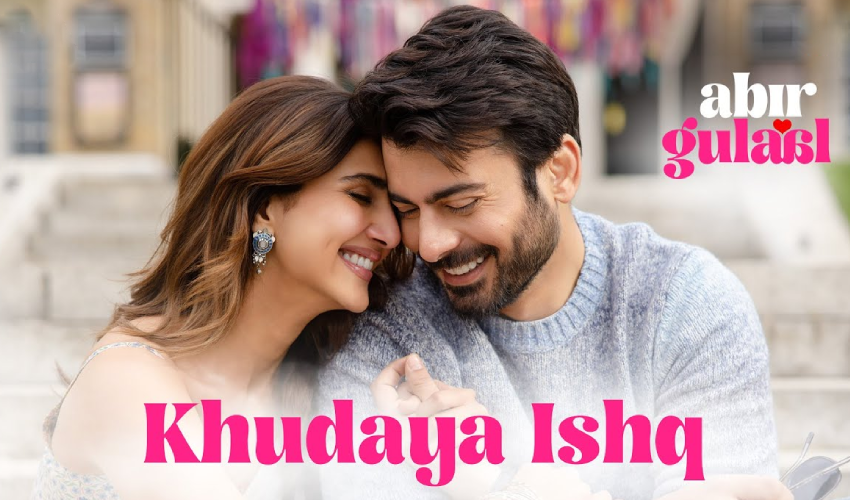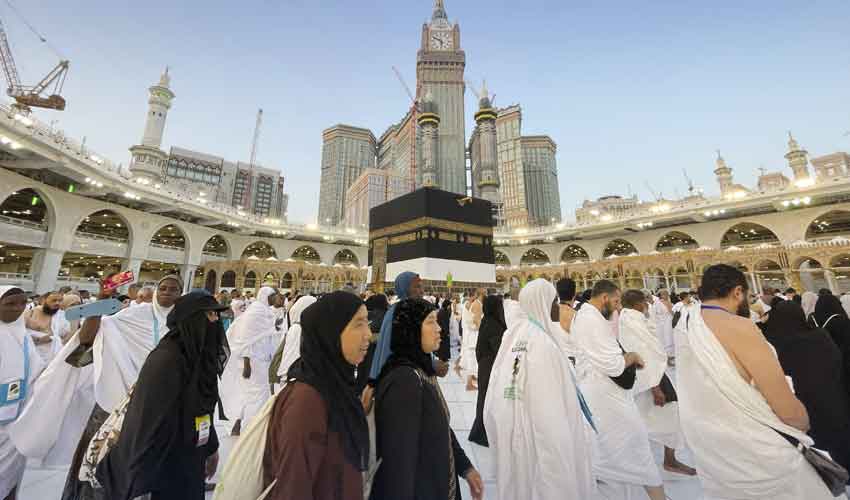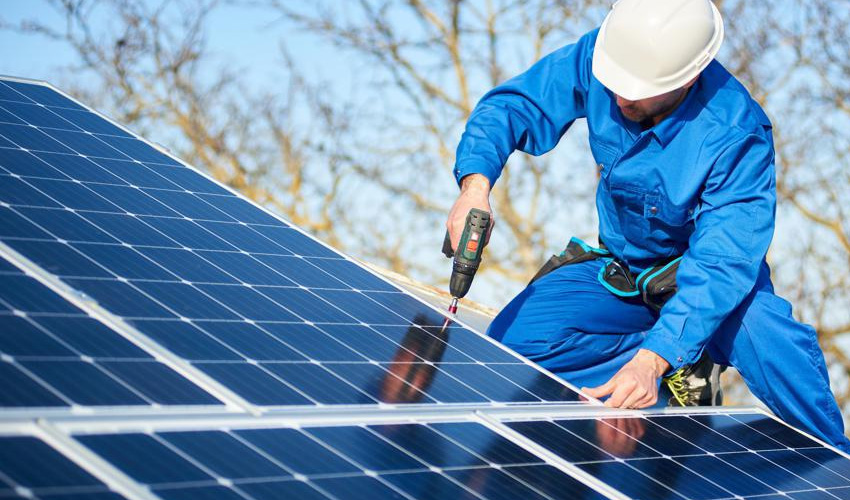The Belfast-based hip hop trio Kneecap made a fiery debut at the Coachella music festival, where a packed audience roared to their defiant Irish-language rap, some clad in tricolour balaclavas, as they screamed and moshed beneath the desert sun.
Kneecap had earlier heard that Coachella crowds lacked enthusiasm and rarely danced, yet they delivered an electrifying set that resonated deeply, regardless of whether the audience understood the Irish lyrics.
The group experienced a remarkable year following the release of their album Fine Art and the critical success of their semi-fictional self-titled biopic. Their performance at Coachella marked another major achievement.
From Belfast, DJ and producer DJ Provai described the milestone as significant, despite the trio’s attire being poorly suited to the Californian heat. “Our poor little pasty Irish skin, we're not built for this,” said Mo Chara, one of the group’s rappers.
While seated backstage with aperol spritzes, the members of Kneecap joked that they remained “small city boys.” Hours later, their intense performance provided tangible proof of their expanding global influence.
From Belfast, rapper Moglai Bap admitted, “We didn’t think that the movie would resonate with anybody outside of Ireland.” However, he added that it turned out to be “an international story.”
Chara echoed the sentiment and stated, “It’s an international story of languages being oppressed, because obviously the first protocol for colonialism is to eradicate the language and the culture.”
For Kneecap, rapping in Irish served as an act of cultural defiance. The Irish language, long suppressed, only gained official recognition in Northern Ireland in 2022. “The best thing you can do for your child in Ireland is to send them to an Irish school,” Chara said. “When you lose our language, you lose understanding of where you're from.”
He noted that Irish once had thirty-two words for fields, depending on factors such as the direction of sunrise or the terrain. “You lose all that whenever we have these new monolingual societies,” he remarked.
The band reported that listeners had credited them with reigniting interest in learning Irish. Bap called this shift “a process of decolonisation,” in which “shame” gave way to “confidence.”
He added, “Everybody longs I think, deep down, for that sense of being grounded — of having an identity and being connected to something.”
Chara noted the cultural alignment between Irish storytelling traditions and hip hop, saying, “Storytelling is such a massive part of Irish culture. It’s always passed down orally, same as any Indigenous language.”
He asserted that history had always been written by the victors. “That’s where hip hop stems from — it’s the story of the people who never got to tell their story.”
DJ Provai added, “It gives a voice to voiceless people.”
The group has consistently drawn comparisons between Ireland’s colonial experience and global struggles, including the conflict in Gaza. At Coachella, they addressed the crowd with a provocative message. “We are from Belfast and Derry, Ireland which are still under British rule,” they declared, “but there’s a worse occupation happening now.”
“Free Palestine!” they shouted, receiving thunderous applause.
Speaking to the foreign news agency, Chara expressed concern over the repression of pro-Palestinian voices in the United States during Donald Trump’s presidency. “It’s obviously a pretty scary time for people here,” he said.
Bap described the situation as “quite ironic for America, a place that preaches free speech.”
The group remained at the centre of public discourse, particularly over controversies involving an arts grant that led to legal proceedings related to allegations of anti-British sentiment. Kneecap secured victory in the case by the end of the previous year.
From Belfast, Bap emphasised that the group’s mission aimed to demonstrate the cultural value of language beyond economics. He clarified that no one chose to learn Irish in pursuit of employment.
“It’s not a good business, not on paper,” Chara laughed, despite the wild energy and support of the Coachella crowd.



























